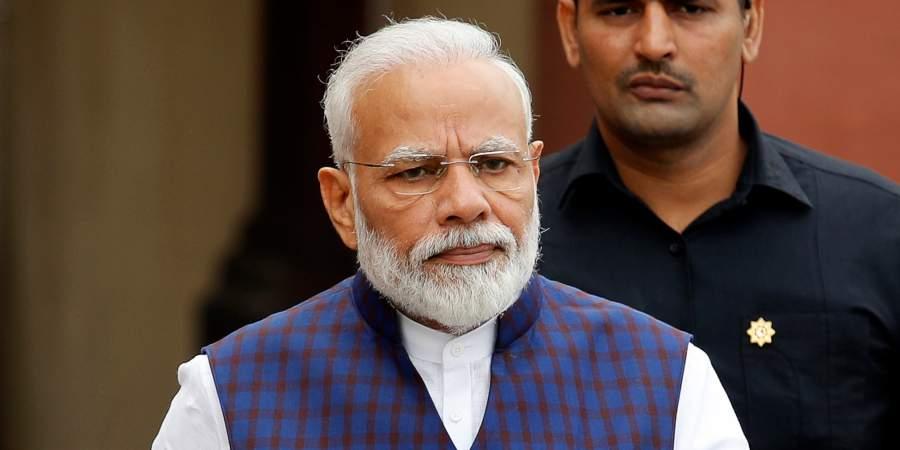There is a popular saying used in Economics called “There is no such thing as a free lunch” which is used to convey the idea that it is impossible to get something for nothing.
After the outbreak of Coronavirus, the economies around the world collapsed and the left-wing economists and politicians across the world started arguing that the governments should transfer money in the accounts of the poor for free to stimulate demand, forgetting the basis principle of “no free lunch”.
In India, Rahul Gandhi said, “I urge the government, do give loans to people, but not act like a ‘sahukar‘to her children. Mother India should give money directly to her children as they need money now.”
But, there is a serious moral hazard if a government starts distributing cash to people for free, because it gives them the idea that even if they do not do anything to earn money, the government would take care of their basic necessities.
Therefore, Modi government has made sure that not a single penny of the 20 lakh crore rupees package is distributed for free. The government focused on liquidity measures to increase cash flow in the market and make sure that the companies survive. More than half of the 20 trillion dollar support was focused on liquidity and ensuring monetary transmission of RBI’s low interest rates.
The government even allocated 40,000 crore rupees extra to much maligned MGNREGA scheme to give employment to migrant laborers from rushing back to villages from cities after the lockdown.
With JAM trinity, the government had the option to directly transfer this money to account of the people, but, in this situation people would be getting monetary support without any work, creating moral hazard that every economy fears.
This is the reason that Modi government is opposed to the idea of Universal Basic Income (UBI) scheme. After a paper by former Chief Economic Advisor Arvind Subramanian and the Congress’ NYAY scheme generated debate about UBI in Indian policy circles, Bibek Debroy, Chairman of the Prime Minister’s Economic Advisory Council argued that it would much better to transfer the Direct Benefit of subsidies to accounts of the people in leakage free efficient manner rather than ensuring a minimum income to everyone as this would give an impression to people that their basic necessities are being taken care of without any work.
Therefore, it is important for the government to ensure that people do not get used to freebies as it would harm the economy in the long run. Apart from moral hazard, it would destabilize the macroeconomic stability of the country.
The last time we dealt with such economic crisis was in 2008-09 financial crises when Congress was in power. At that time, P Chidambaram was the finance minister and he announced the first-ever large scale farm loan waiver for 3 crore small and marginal farmers, which cost around 60,000 crore rupees back then.
Moreover, the government increased spending through schemes like MGNREGA and took the fiscal deficit above 6 percent, the mandated ceiling under the FRBM act. The Congress-led UPA did not stop right there, it asked the PSBs to go with a blank cheque to industrialists and give credit of whatever amount they amount.
And what was the result of all these demand-side measures? The inflation crossed double-digit in the country and there was a huge uproar about high onion and vegetable prices. Within the next few years, India was among the ‘fragile five’ economies of the world with a growth rate below 5 percent of NPA of 15-20 percent of total credit.
The macro-economy was a complete mess by 2012 and had Modi government not come to power in 2014, India’s story would have been over. Therefore, the last time we dealt with a crisis through demand-side measures, the macroeconomic measures were all unhealthy. This time, the Modi government is dealing with the crisis through supply-side measures to ensure macroeconomic stability without a moral hazard.
